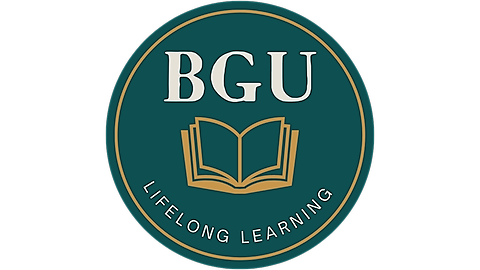
Click “Register for Week _” to be registered for the classes you wish to attend.
All classes will take place on Wednesdays, April 3- April 24 at 3:00pm – 4:00pm in Blackmer Hall
Early world religions didn’t have much of an ethical component; the emphasis was more on making sacrifices to deities in hope of favors or to prevent divine displeasure. And then came the “Axial Age,” a period when, across Eurasia, some very diverse cultures decided that God/the gods cared about how human beings treated each other, with profound consequences for human societies. For the four weeks of this class, we will examine four great world religions that developed from the Axial Age and how this new moral component continues to echo to the present day.
4/3 Week I: Asian Experiments. The focus will be on how Buddhism grew from Hinduism, as Siddhartha Gautama (the Buddha) came to grips with the poverty and suffering of his society. We will also look at the semi-religion of Confucianism for comparison.
4/ 10 Week II: Mediterranean Melting Pots: Judaism and Zoroastrianism learned much from each other, and by c. 500 BCE both were teaching that God cares how we treat our neighbors. At about the same time, Greek philosophers began exploring the same issues, adding a moral component at least to elites among Greek polytheists.
4/17 Week III: Transforming the Roman World: How Christianity made a difference. There’s a lot to live up to when the founder of your religion allows himself to be killed for you. In this week, we will examine how early Christian communities internalized the moral implications of their new religion, gradually reshaping Roman society in the process.
4/ 24 Week IV: The Prophet’s Social Message. Muhammad grew up on an Arabian Peninsula under massive social stress. His teaching has two key, intermeshed components: submission to God’s will, and care for your fellow humans. Early Islam produced a social safety net that energized and transformed the Near and Middle East (and beyond).
$25 a class or $100 for series
